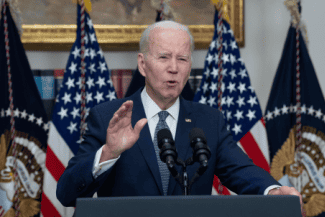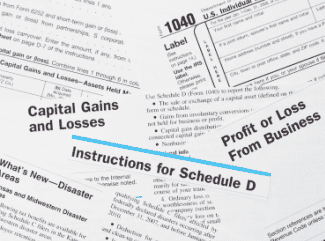Concerns Emerge for Rentals in Government’s New Mortgage Insurance Overhaul

“We commend the Administration for taking the first step in what will be a long process to overhaul the nation’s housing finance system, and we are encouraged that the Administration explicitly notes the need to support rental housing and to return to a housing framework that understands that not every American wants to or should own a house,” Bibby says.
The Obama plan lays out three options for Congress to consider. The first requires scaling back Fannie Mae and Freddie Mac and relying more on FHA for loans to lower to middle class borrowers. The second option would require borrowers to pay fees to cover mortgage insurance. The third option would allow the government to serve as guarantor. Any of these options will likely result in higher rates and fees, which will mean fewer home buyers will qualify for mortgages.
NMHC and NAA are expressing concern over how this plan may effect mortgages on apartment buildings, especially where more people will be renting than purchasing homes.
“We would encourage lawmakers to focus their attention”at least in terms of serving the rental housing industry”on the third option identified in the Obama plan, which would provide a federal guarantee at all times,” Bibby continues. “We have serious doubts about the ability of an “emergency-only” federal guarantee to ramp up quickly enough to adequately respond to a capital crisis.”
“Reform is absolutely necessary to address the serious flaws in the single-family sector. But as the Administration recognizes, policymakers need to understand that the GSEs’ multifamily programs were not part of the meltdown, and they are a vital capital source for the rental housing sector. We would urge policymakers to be very cautious in their reform efforts and not cause unintended consequences by trying to solve a problem that doesn’t exist in the GSEs’ multifamily business.”
Bibby explains that the GSEs’ multifamily programs have default rates of less than one percent and they actually produce net revenue (profits) for the U.S. government. As such, they pose no risk to the taxpayer. “But they”and the nation’s supply of workforce rental housing”stand at risk of becoming a collateral victim of the single-family meltdown.”
“We support a return to a marketplace dominated by private capital, but history has shown that even in healthy economic times, the private market simply cannot meet a majority of the rental housing industry’s capital needs.”
Bibby contends that over the past 40 years, there have been numerous occasions when the private sector has been unable or unwilling to finance multifamily loans, making a federally backed secondary market with an explicit federal government guarantee is absolutely critical to our industry’s continued health. “Without the GSEs, from 2008 through 2010, there would have been widespread foreclosures of otherwise performing apartment properties because owners would have had no capital source to refinance maturing mortgages. This could have resulted in upheaval and dislocations of thousands of renters. Having a fully operational federal source of liquidity prevented that.”
With AAOA, landlords have resources at their fingertips. Check out our Landlord Forms page.
American Apartment Owners Association offers discounts on products and services for landlords related to your rental housing investment, including rental forms, tenant debt collection, tenant background checks, insurance and financing. Find out more at www.joinaaoa.org.















 Accessibility
Accessibility